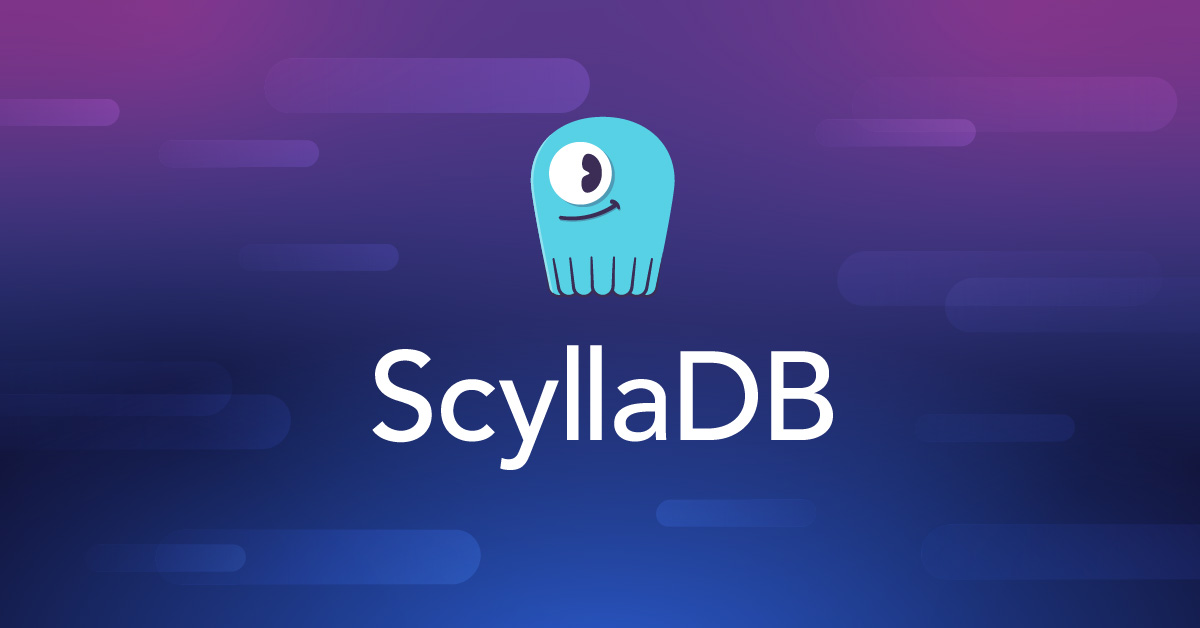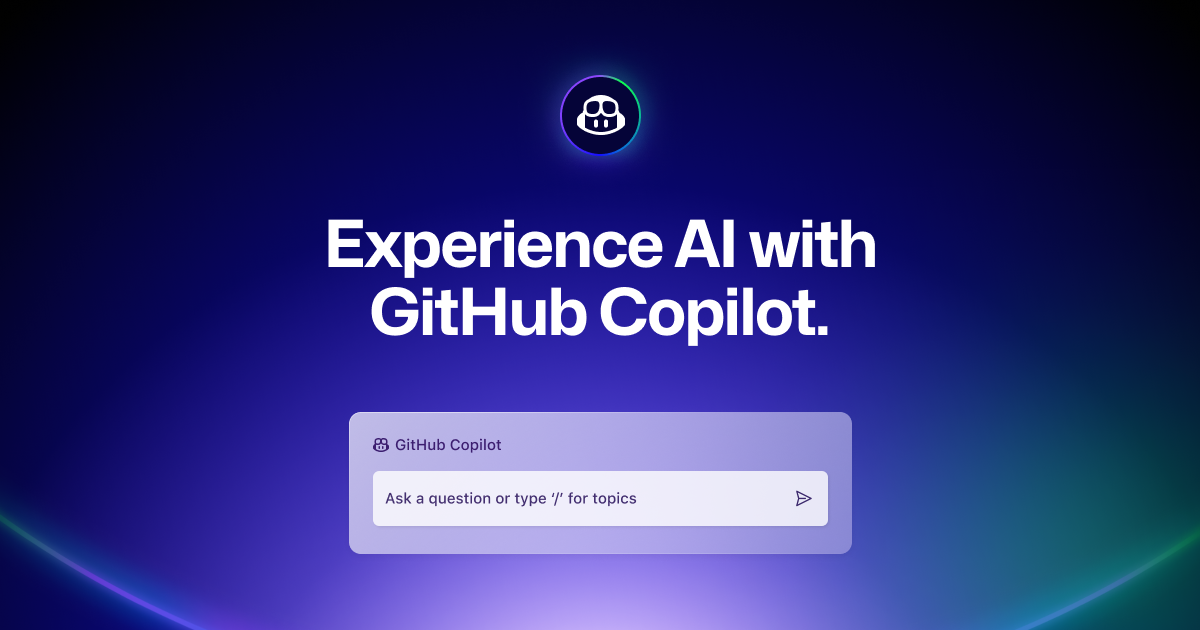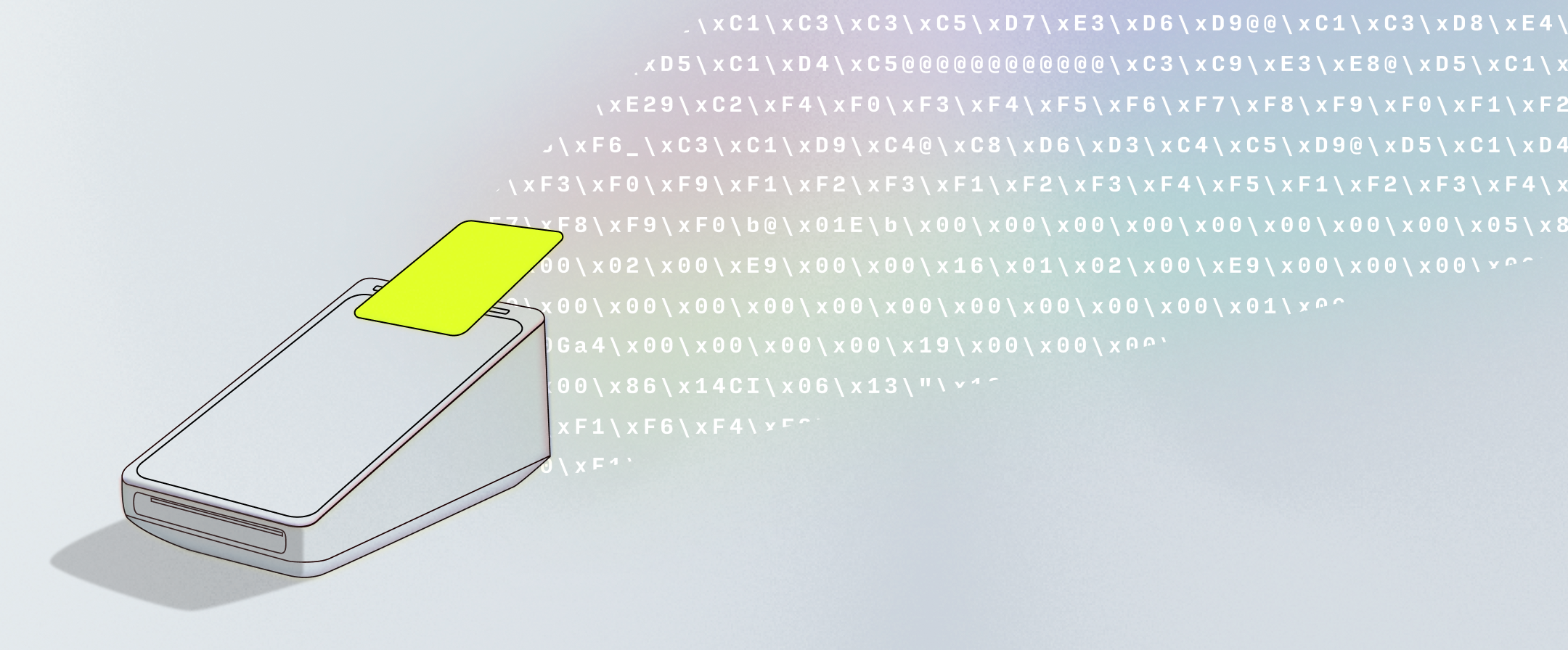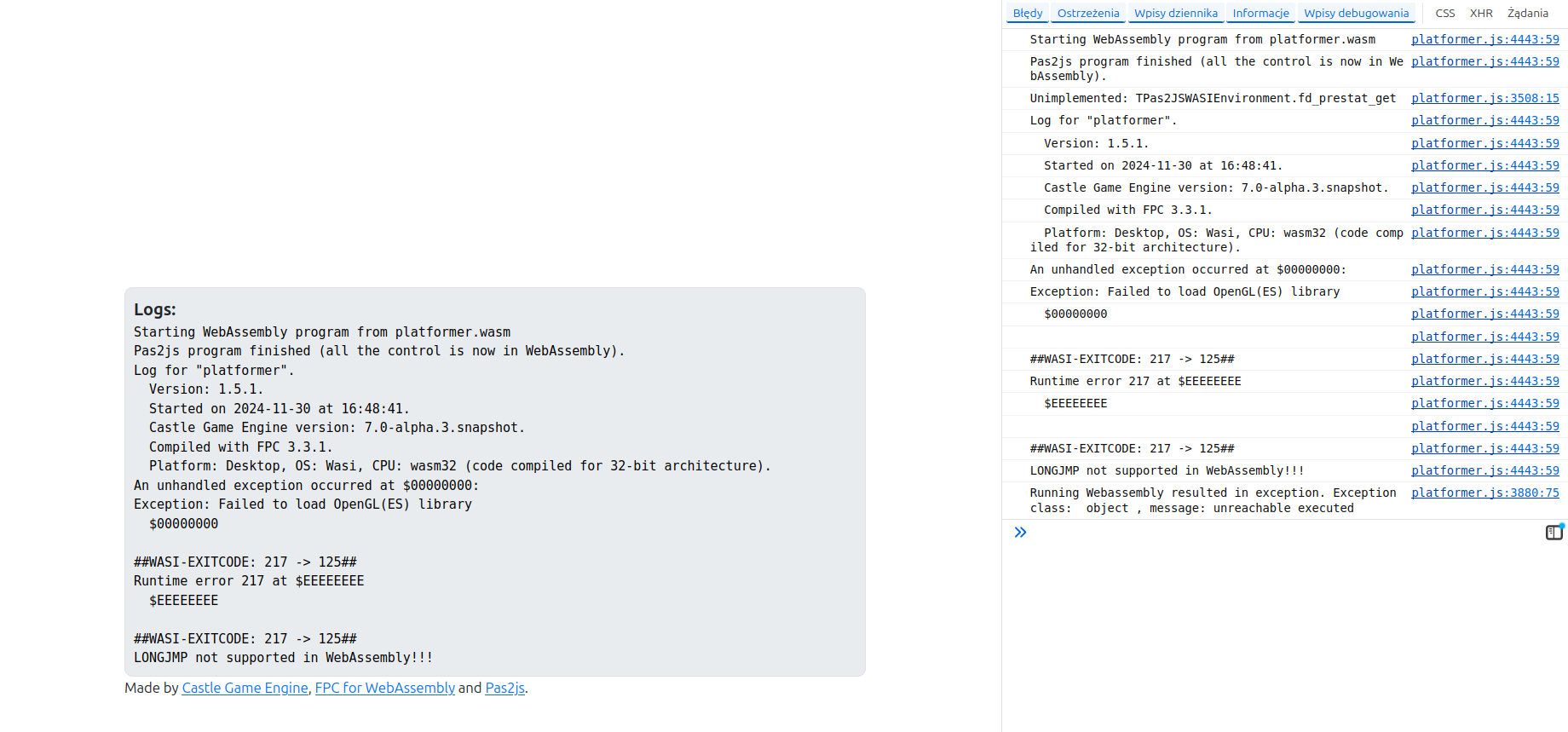Programmer Turns Movie Frames into AI Art
A programmer used Python, OpenCV, and PIL libraries to transform movie frames into unique pieces of art. Extracting frames from videos, compressing colors, and generating barcode and circular "iris" images, the project, 'Movie Iris,' visualizes the evolution of a film's color themes. The open-sourced code can process any video, turning everyday moments into art.






